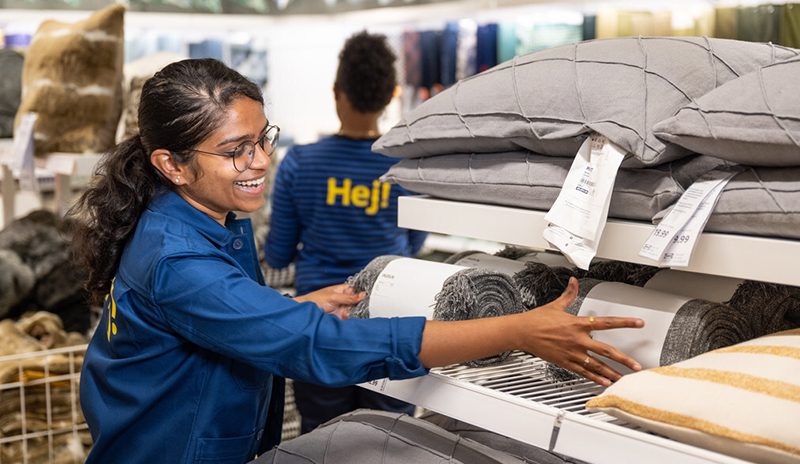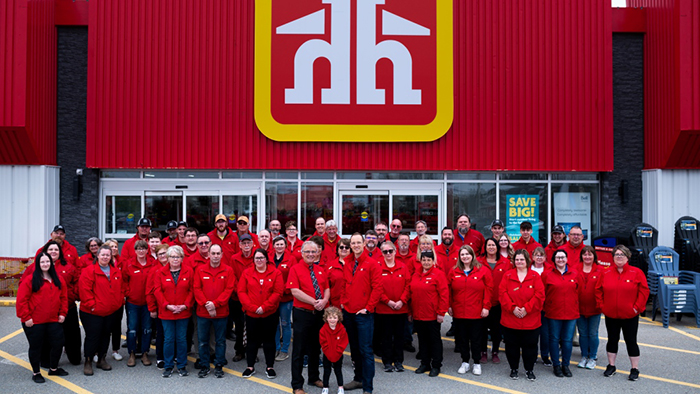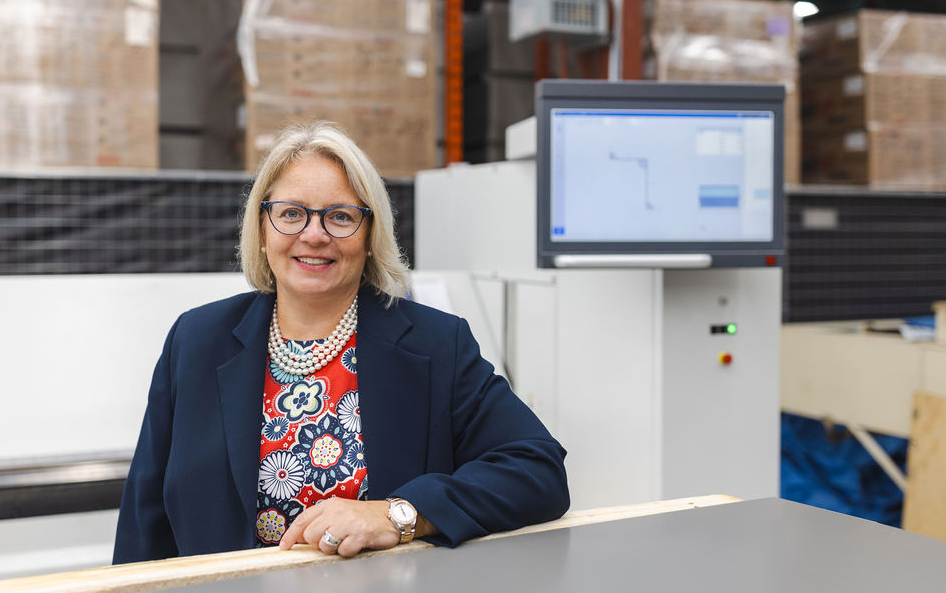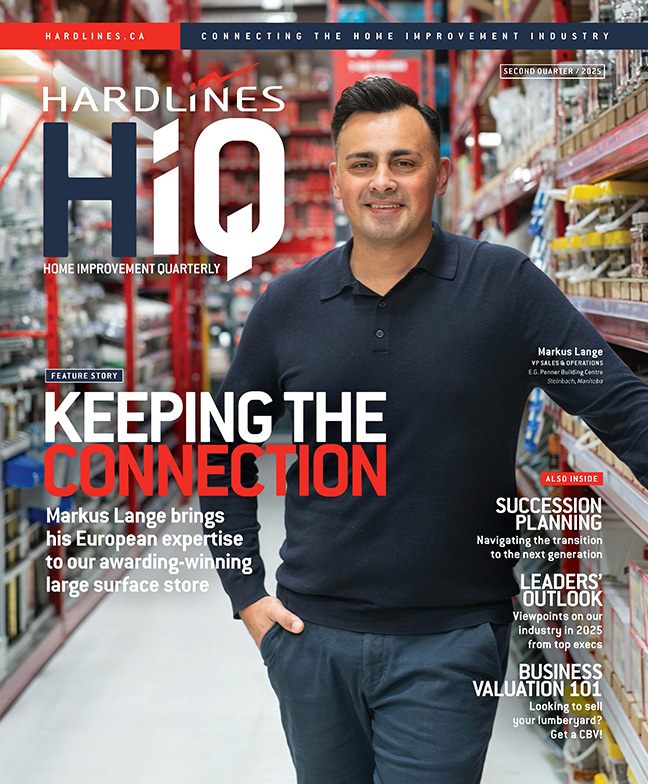
Jason Tasse, president of Lee Valley Tools, shared his insights on innovation and culture at the recent Hardlines Conference, held at the Fairmont Le Manoir Richelieu in La Malbaie, Que., last month. His discussion revolved around his philosophies of pride, presence, (being) practical, people (before profit), and play – at work and in the long game.
Tasse illustrated that Lee Valley’s culture is built on practicality, a people-first approach, and long-term planning. Leadership training emphasizes collaboration and emotional connection.
Tasse began his career at Lee Valley 29 years ago in his hometown of Ottawa, starting out in the lumber yard. He assumed the role of president on Jan. 27, 2021.
“I’m reminded of the privilege offered to me to lead, inspire, and guide,” he said during the conference. “I’m reminded of the countless individuals who have placed their trust in me knowing that the decisions I’m going to make, and the actions I’m going to take, are going to have a profound impact on our lives. I love my job. I love the people I work with and the brand I work for. I’m proud of this.”
Tasse also highlighted the cell phone ban policy during meetings to ensure everyone is focused and mindful. Lee Valley has a unique culture, he said. There is no minimum wage, employees do not work on commission, and the rate of layoffs is minimal.
“We’ve only had two layoffs in almost five decades for a retail company. That’s pretty impressive. Our people are encouraged to solve customers’ problems at the lowest cost to the customer, and yes, sometimes that means sending them down the street to a competitor because it’s the right thing to do.”
As part of his presentation, Tasse gave accolades to three employees who exemplify their commitment to the Lee Valley brand.




 Walmart Canada has announced that the company is investing an additional $92 million in pay increases for eligible supply chain hourly and frontline management, and retail hourly associates.
Walmart Canada has announced that the company is investing an additional $92 million in pay increases for eligible supply chain hourly and frontline management, and retail hourly associates.


